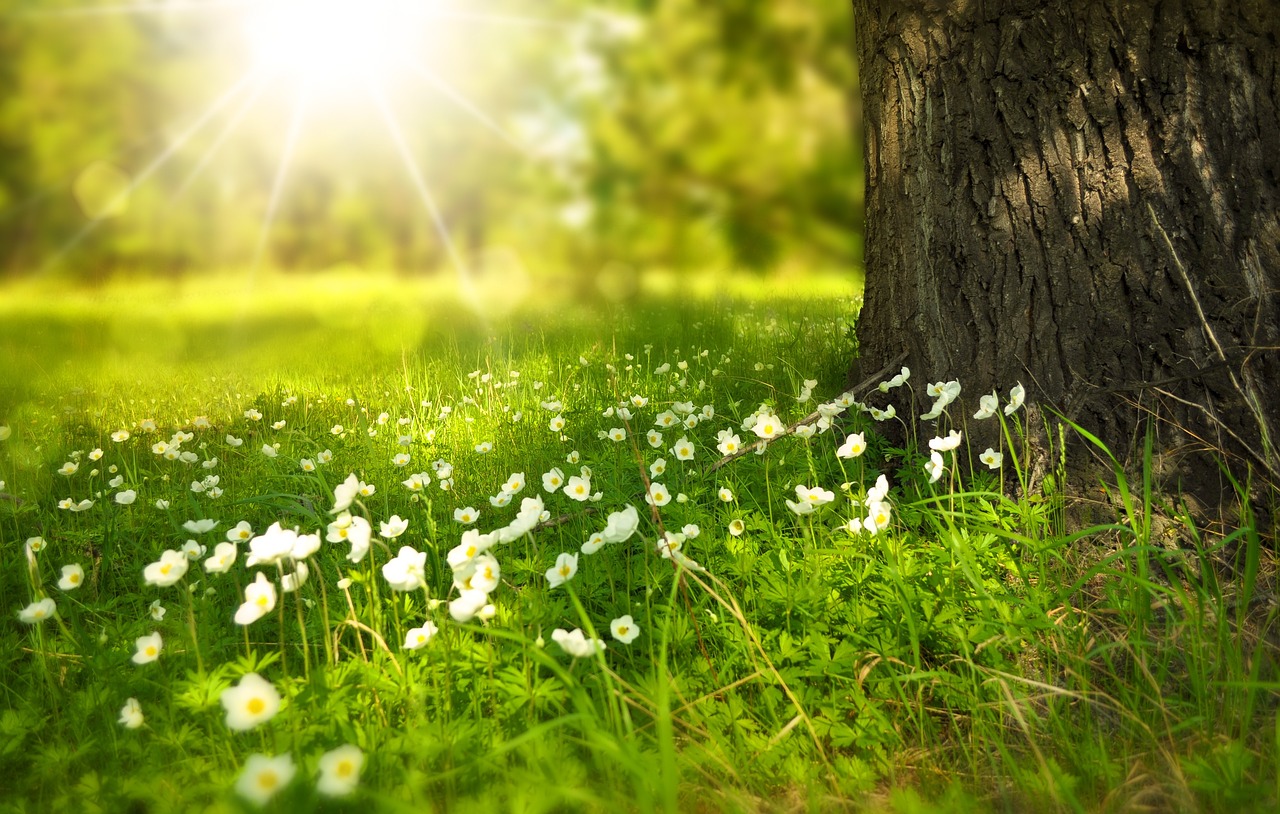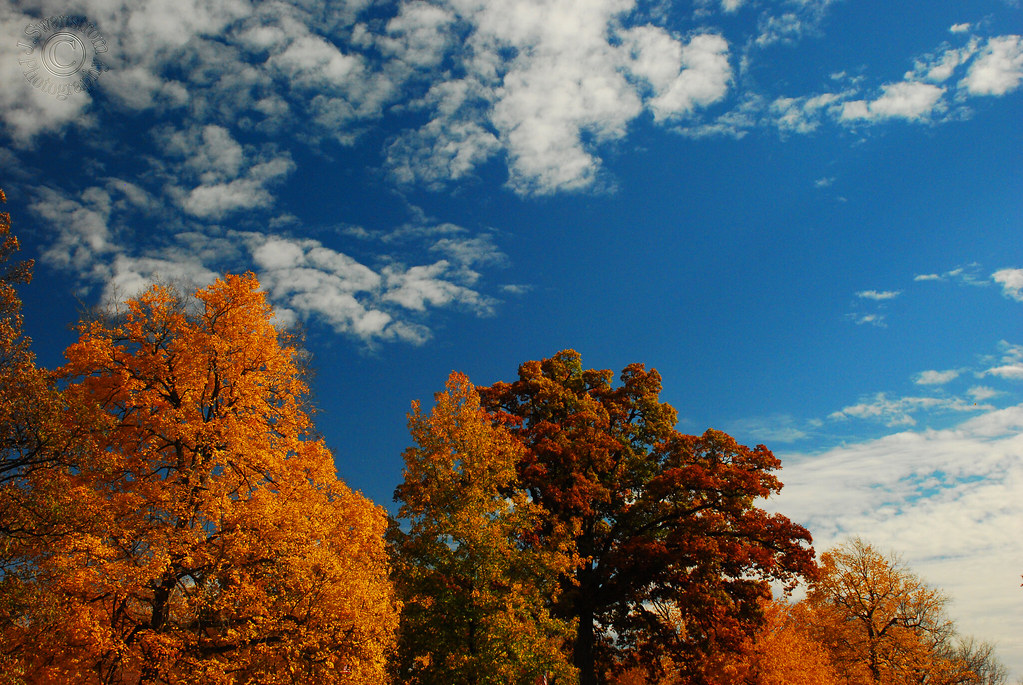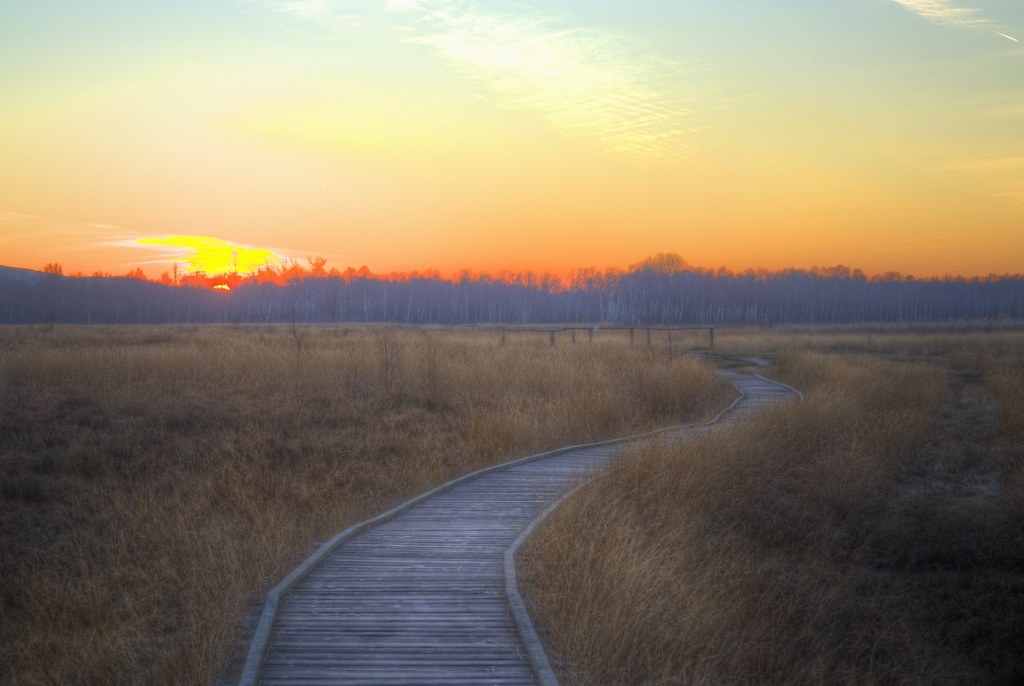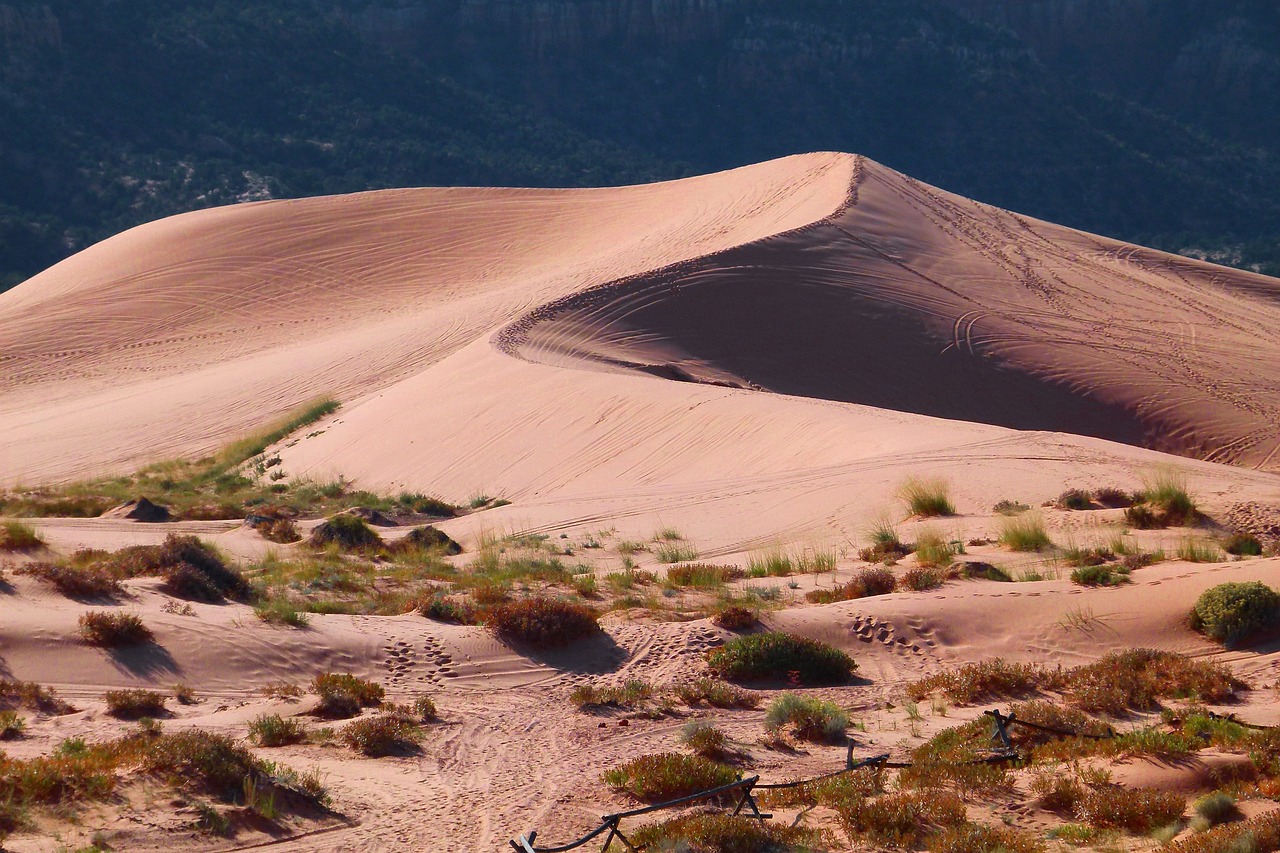From Laurence Freeman, OSB, “Depth,” LIGHT WITHIN (New York: Crossroad, 1986) pp. 105-107.
Because it is so demanding, it can almost seem that peace is more frightening than violence—the violence we do to ourselves or the violence done unto others. Peace at depth turns our world upside down. We have to enter into a very fine balance of life, the fine frequency of the Spirit, to find the simplicity and subtlety to respond to Christ’s dynamism. To enter into that depth, to open up to that depth means becoming vulnerable and remaining vulnerable, not only in prayer but in every part of life.
Love creates vulnerability, the vulnerability of compassion or unconditional commitment. Maturely, we also have to learn to be resilient because being vulnerable will mean that we are wounded and we mustn’t allow being wounded to close us up again. That particular balance between vulnerability and resilience is part of the unique intellectual, psychological, spiritual amalgam that a human being is. Each one starts from a different kind of imbalance but all are called to the same balance and centrality, the same rootedness in the one who was wounded but who was resilient in the transcendence of forgiveness.
After Meditation, an excerpt from Rabbi Arthur Waskov, “The Sukkah of Shalom,” The Nation, September 20, 2004, p. 24.
In 2001, just a few weeks after the 9/11 attacks, the Jewish community celebrated the harvest festival of Sukkot. Many did so by building a sukkah—a fragile hut with a leafy roof, the most vulnerable of houses. Vulnerable in time, since it lasts for only a week each year. Vulnerable in space, since its roof must be not only leafy but leaky enough to let in the starlight and gusts of wind and rain. In our evening prayers throughout the year, just as we prepare to lie down in vulnerable sleep, we plead with God, “Spread over us Your sukkah of shalom—of peace and safety.”
Why does the prayer plead for a sukkah of shalom, rather than a temple or fortress or palace of shalom, which would surely be safer and more secure? Precisely because the sukkah is so vulnerable. For much of our lives we try to achieve peace and safety by building with steel and concrete and toughness. But the sukkah reminds us: we are in truth all vulnerable. If as the prophet Dylan sang, “A hard rain’s a-gonna fall,” it will fall on all of us. We all live in a sukkah. Even the widest oceans, the mightiest buildings, the wealthiest balance sheets, the most powerful weapons do not shield us.
There are only wispy walls and leaky roofs between us. The planet is in fact one interwoven web of life. [. . . .] The choice we face is broader than politics, deeper than charity. It is whether we see the world chiefly as property to be controlled, defined by walls and fences that must be built ever higher, ever thicker, ever tougher; or made up chiefly of an open weave of compassion and connection, open sukkah to open sukkah. . . Hope comes from raising that simple truth to visibility We must spread over all of us the sukkah of shalom.
Image by Larisa Koshkina from Pixabay






